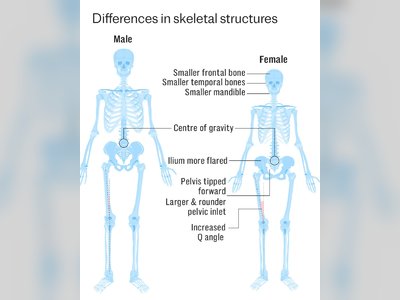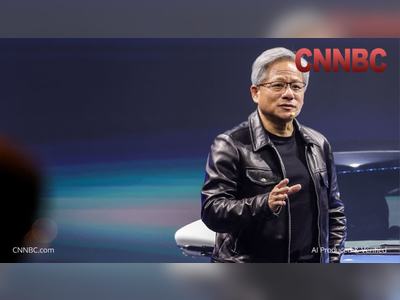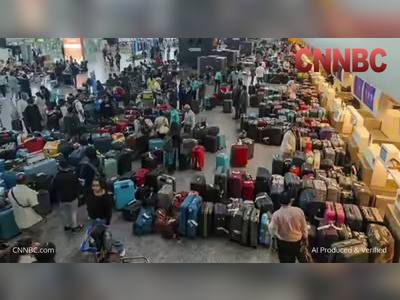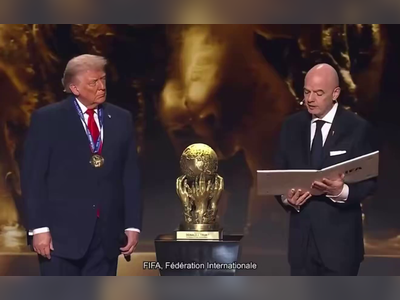United States Announces Full Boycott of G20 Summit in South Africa
President Trump cites alleged abuses of white farmers as justification for U.S. withdrawal from the Johannesburg gathering
President Donald Trump has declared that no U.S. government officials will attend the 2025 Group of Twenty (G20) leaders’ summit in Johannesburg, South Africa, scheduled for November 22–23. He cited what he described as ‘‘ongoing human-rights abuses’’ targeting Afrikaner farmers, claiming land seizures and killings of white South Africans.
On the social-media platform Truth Social, the president wrote: ‘‘Afrikaners (people who are descended from Dutch settlers, and also French and German immigrants) are being killed and slaughtered, and their land and farms are being illegally confiscated.
No U.S. government official will attend as long as these human-rights abuses continue.’’ The statement confirmed that Vice President J.D. Vance, who had been expected to attend in Mr Trump’s place, will now also not go.
South Africa’s government swiftly rejected the claims, calling them ‘‘widely discredited and unsupported by reliable evidence.’’ A spokesman for the foreign ministry said the success of the G20 summit would not ‘‘rest on one member state,’’ and added that white-farmers are not subject to persecution as alleged by Washington.
Analysts note that farm attacks in South Africa are violent crimes affecting all demographics and do not amount to a systematic campaign targeting white citizens.
The boycott marks a significant diplomatic rupture at a summit intended to bring the world’s largest economies together under South Africa’s presidency this year.
The G20 gathering will focus on themes of ‘‘Solidarity, Equality, Sustainability,’’ while the U.S. decision leaves a vacuum in attendance by the world’s largest economy.
Beyond the boycott itself, the underlying controversy touches on U.S.–South African relations, farmland reform, race-based narratives and the future of multilateral engagement.
For South Africa—set to hand the G20 presidency to the U.S. in 2026—this exit raises questions about cohesion among allied states and the role of Washington in global forums.
Meanwhile, the Trump administration’s stance underscores a shift toward issue-driven diplomacy and political branding in international policymaking.
On the social-media platform Truth Social, the president wrote: ‘‘Afrikaners (people who are descended from Dutch settlers, and also French and German immigrants) are being killed and slaughtered, and their land and farms are being illegally confiscated.
No U.S. government official will attend as long as these human-rights abuses continue.’’ The statement confirmed that Vice President J.D. Vance, who had been expected to attend in Mr Trump’s place, will now also not go.
South Africa’s government swiftly rejected the claims, calling them ‘‘widely discredited and unsupported by reliable evidence.’’ A spokesman for the foreign ministry said the success of the G20 summit would not ‘‘rest on one member state,’’ and added that white-farmers are not subject to persecution as alleged by Washington.
Analysts note that farm attacks in South Africa are violent crimes affecting all demographics and do not amount to a systematic campaign targeting white citizens.
The boycott marks a significant diplomatic rupture at a summit intended to bring the world’s largest economies together under South Africa’s presidency this year.
The G20 gathering will focus on themes of ‘‘Solidarity, Equality, Sustainability,’’ while the U.S. decision leaves a vacuum in attendance by the world’s largest economy.
Beyond the boycott itself, the underlying controversy touches on U.S.–South African relations, farmland reform, race-based narratives and the future of multilateral engagement.
For South Africa—set to hand the G20 presidency to the U.S. in 2026—this exit raises questions about cohesion among allied states and the role of Washington in global forums.
Meanwhile, the Trump administration’s stance underscores a shift toward issue-driven diplomacy and political branding in international policymaking.












